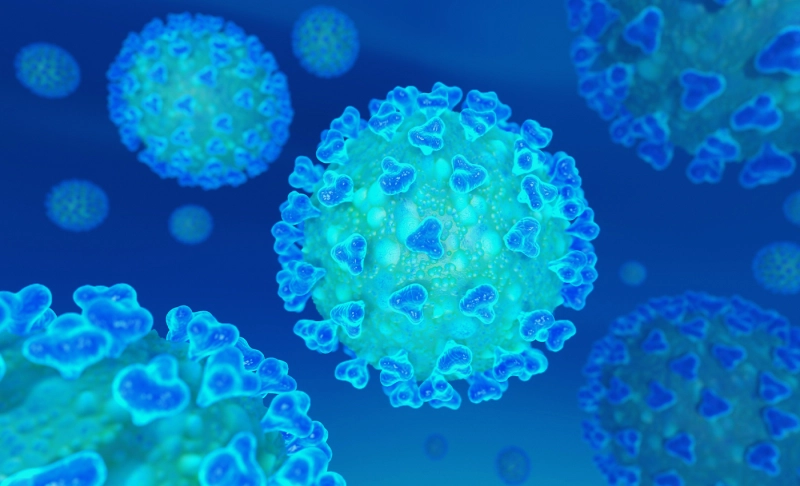By: Sunil Kumar
January 12 2022

The new COVID-19 variant IHU was discovered before Omicron. It has not spread widely, and so researchers say it is not of significant concern.
The new COVID-19 variant IHU was discovered before Omicron. It has not spread widely, and so researchers say it is not of significant concern.The Centers for Disease Control and Prevention (CDC) detected the Omicron strain and reported it to the World Health Organization (WHO) on November 24, 2021. Omicron was initially discovered in specimens taken in Botswana on November 11, 2021, and then in South Africa on November 14, 2021. According to WHO, the first samples of B.1.640.2, also known as the IHU variant, were taken in September 2021, and the date of designation was on November 22, 2021. Globally, there are established systems which are strengthened to detect “signals” of potential variants of interest (VOI) or variants of concern (VOC) and assess them based on the risk posed to global public health. National authorities may choose to designate other variants of local interest/concern. On January 6, 2022, Healthline reported that experts emphasized that IHU was detected before the Omicron. "For anyone interested, the first upload of B.1.640.2 onto GISAID was on November 4, 2021, from Paris by Roquebert, et al.," wrote Tom Peacock, Ph.D., a virologist at Imperial College in London, on social media. He pointed out that information about Omicron was first made public on November 22, over three weeks later. Furthermore, the Healthline report states that during a press conference on January 4, 2022, Abdi Mahamud, incident manager for WHO, said that the IHU variant had a lot of possibilities to pick up over the previous two months. He added that WHO is monitoring this variant but insists that there is no reason to be concerned just yet. The COVID-19 pandemic has given rise to a lot of potentially dangerous misinformation. For reliable advice on COVID-19, including symptoms, prevention, and available treatment, please refer to the World Health Organization or your national healthcare authority.